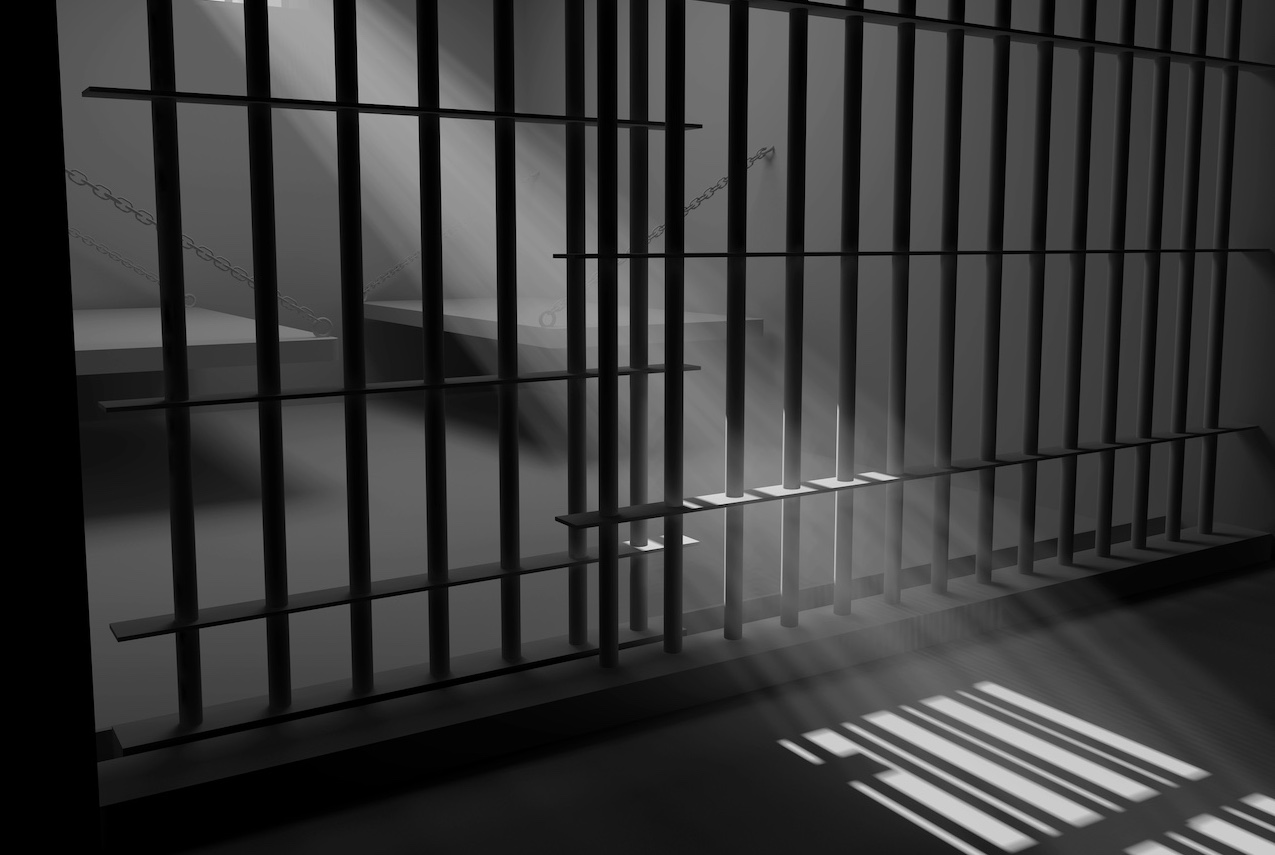If a person enters a plea to the judge, sometimes called an open plea, or if someone is found guilty after a trial, the next step in the process is a sentencing hearing. At the sentencing hearing, both the State and the defense advocate for an appropriate sentence. Generally, the court is more likely to sentence someone to jail or prison when a person is convicted after a jury trial. After 1998, when an individual is charged with noncapital felony, he or she is scored on a scoresheet pursuant to the Florida Criminal Punishment Code. The scoresheet provides the lowest permissible sentence and, unless there is an agreement, the trial judge can sentence a defendant anywhere from the lowest permissible sentence up to the statutory maximum. For example, if someone is convicted of a second-degree felony, the court can sentence someone anywhere from the lowest permissible sentence up to fifteen years in prison. Unfortunately, when a defendant enters an open plea to the court with no dispositional understanding or when a person is convicted after a jury trial, there are times when the person convicted and their families feel that the sentence imposed was excessively harsh. A frequent question asked is can someone appeal a sentence if he or she deems it to be excessive. The answer is that it depends.
Generally, you cannot appeal a sentence imposed if the sentence falls within the sentencing range provided for by the Criminal Punishment Code. This means that if the judge sentences someone between the lowest permissible sentence and/or up to the statutory maximum, then you cannot appeal the legal sentence. However, there are exceptions to this general rule. First, an attorney can file a motion called a motion for downward departure asking the trial court to sentence a defendant below the lowest permissible sentence based on a series of statutory mitigating circumstances found in Florida Statutes 921.0026. If the defense proves one or more of these circumstances, then the trial court has the discretion to sentence an individual below the lowest permissible sentence. If the court grants a downward departure, then the State can appeal. If the court denies a downward departure, then the defendant can appeal the denial of the downward departure. There is a split in the district courts of appeal and the Florida Supreme Court has not yet resolved the conflict. Second, a person can appeal an otherwise legal sentence if the trial court relied upon improper sentencing factors when it imposed sentence. For example, a trial court cannot consider uncharged criminal conduct or punish a person for exercising their right to a trial rather than entering a plea.
If you are loved one has been convicted of a crime, received an excessive sentence, and are considering an appeal, please contact our office to have a free consultation with a board certified appellate expert.

